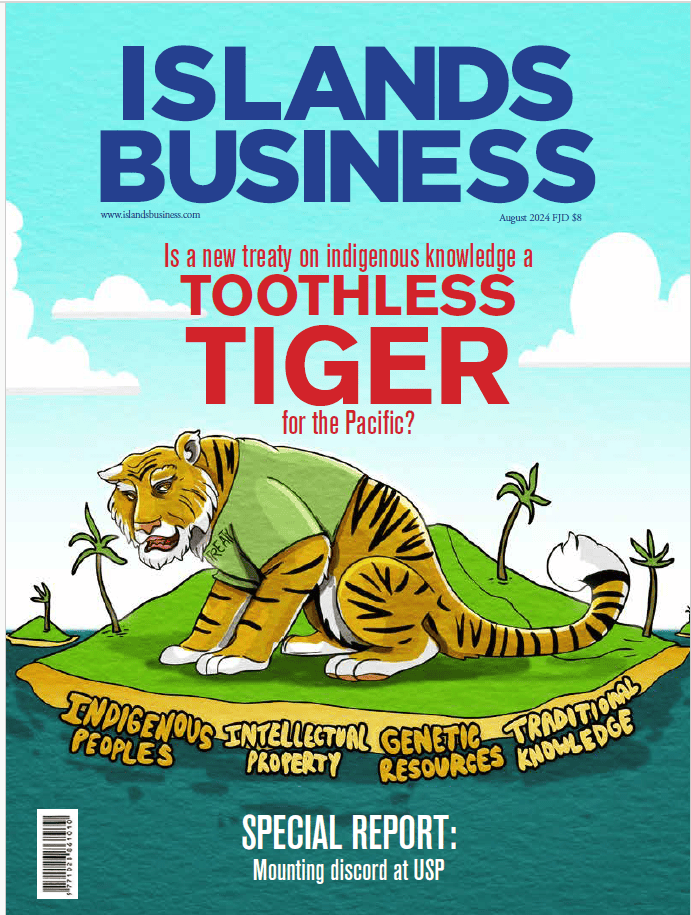Commonwealth of Northern Mariana Islands
Star Marianas Air, a commuter airline that provides passenger and air cargo service in the Northern Marianas, plans to terminate its air services to these locations effective October 15. Pacific Island Times reported the decision was driven by the fee structure currently imposed by the Commonwealth Ports Authority. “The broad definition of maintenance and operation expenses, lack of detailed cost allocation and ambiguous treatment of common use areas result in fees that do not accurately reflect our actual usage of airport . . .
Please Subscribe to view full content...
